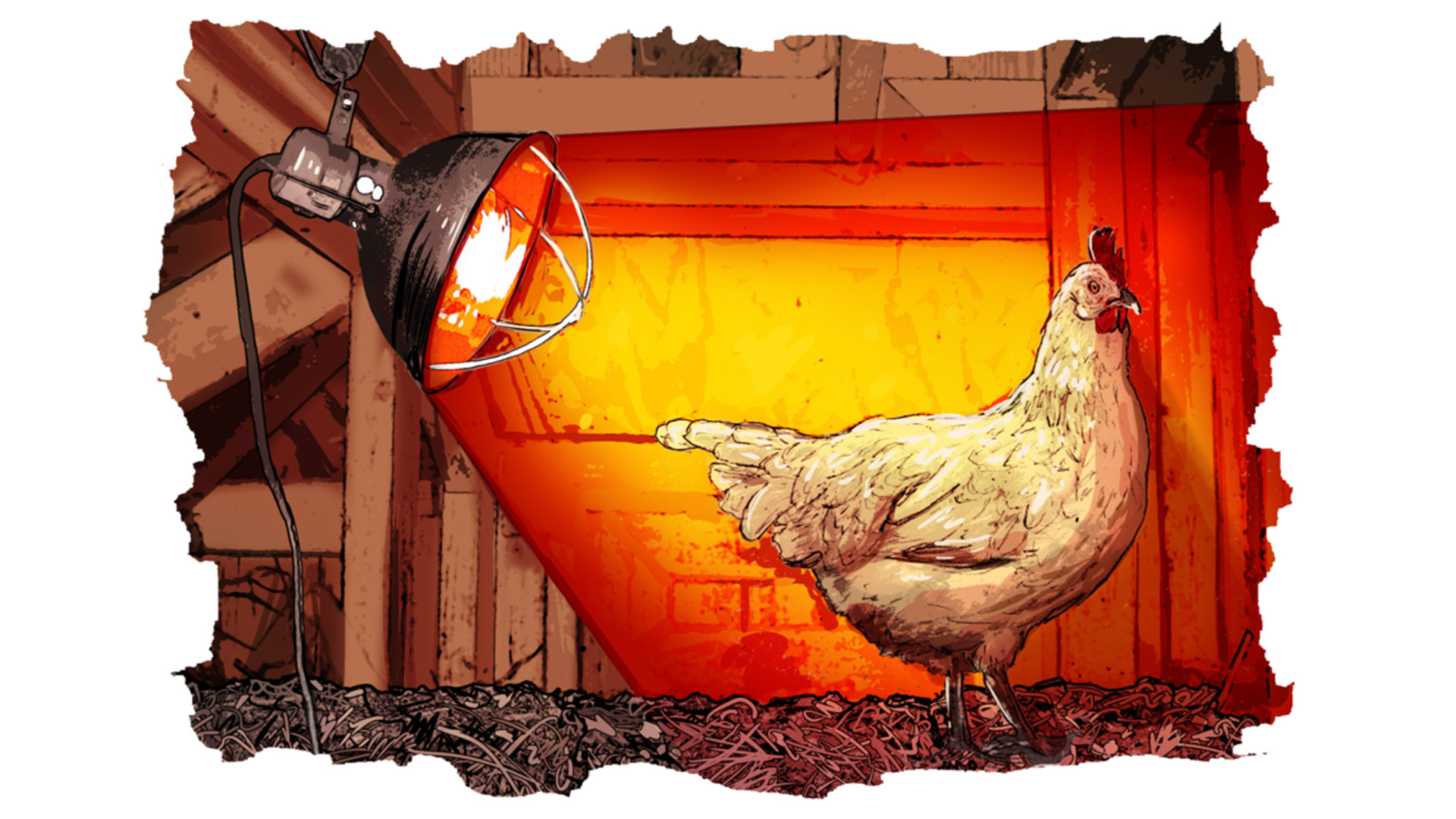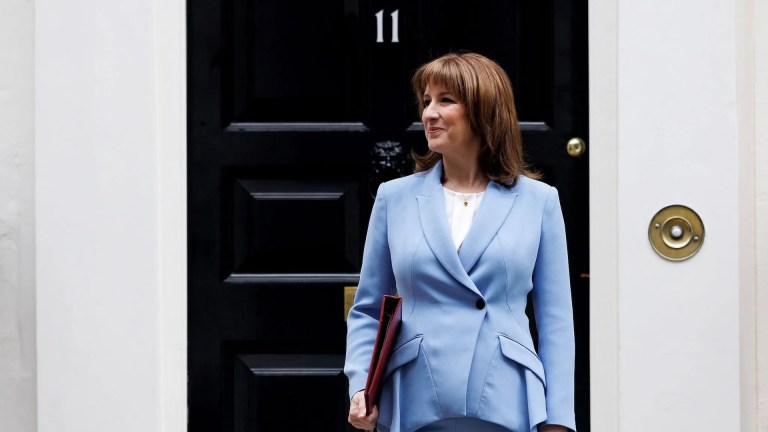Big Issue vendors have a wide variety of skills and experience, so we bring you the best of their knowledge each week. Find more vendors and their stories on our vendor map. This week, Mike McCall in Cambridge shares his tips for setting up a market stall.
I was brought up on a small dairy and beef farm in Cumbria but these days I wouldn’t do anything on that scale. My plan is to sell a broad range of organic products in farmer’s markets.
I say a broad range because if you go shopping you don’t come out with one particular food. You’ll come out with any number of things. If you specialise in one product you have too many fluctuations in terms of price. For example the way the big chains abused dairy farmers when milk was coming in so cheaply from the continent. Thousands of British dairy farmers went to the wall. So I would never advise being reliant on one type of enterprise.
I would consider having two polytunnels — the long, low tunnels covered in plastic for growing food in — one for things like tomatoes and veg, and then maybe something like roses in the second one. In a farmer’s market you get different demographics, and on a Sunday the kind of shoppers who may just be pottering around might quite like to buy some flowers for a centrepiece. So think outside the box in terms of produce.
Keeping hens is becoming a popular thing to do and one tip I have for anyone new to this is to put a heat lamp in their hut over the winter. If the hens are conserving energy to keep warm they won’t lay as many eggs. You’re more likely to get better production off them if you look after them.
One of the main breed of laying hens in this country is the leghorn and they can lay about 200 eggs a year. But the Khaki Campbell duck, which originated in Scotland in the 1920s when two breeds were crossed, have recorded production of 300 eggs a year. Not many people eat duck eggs but it’s a good sideline to have because if you can find the customers you can sell the eggs for a lot more money.





